Onland
5 x 45 minutes // endorsed by NPO Radio 1 // 2021
5 x 45 minutes // endorsed by NPO Radio 1 // 2021
A bestial act that left lingering pain in a small community, as the killer was never caught.
Onland is an an extraordinary audio story that resulted from in-depth research, probing events and candid confessions about the murder of 12-year-old girl Rinie Wielheesen. A bestial act that left lingering pain in a small community, as the killer was never caught.
Onland was made and narrated by director Joost Engelberts. Rinie Wielheesen was his neighbour.
In Onland, Joost finds the anonymized police file of perhaps the sloppiest murder investigation ever. As events pile up, he discovers that on the same spot, not only Rinie but also Rinus (a former resident) was brutally robbed of his life.
Accusations and confessions see the light of day, hypocrites feign and innocents pay; there is punishment, shame and guilt. And, there is bottomless grief. Onland is about how all of this deeply disrupts a community.
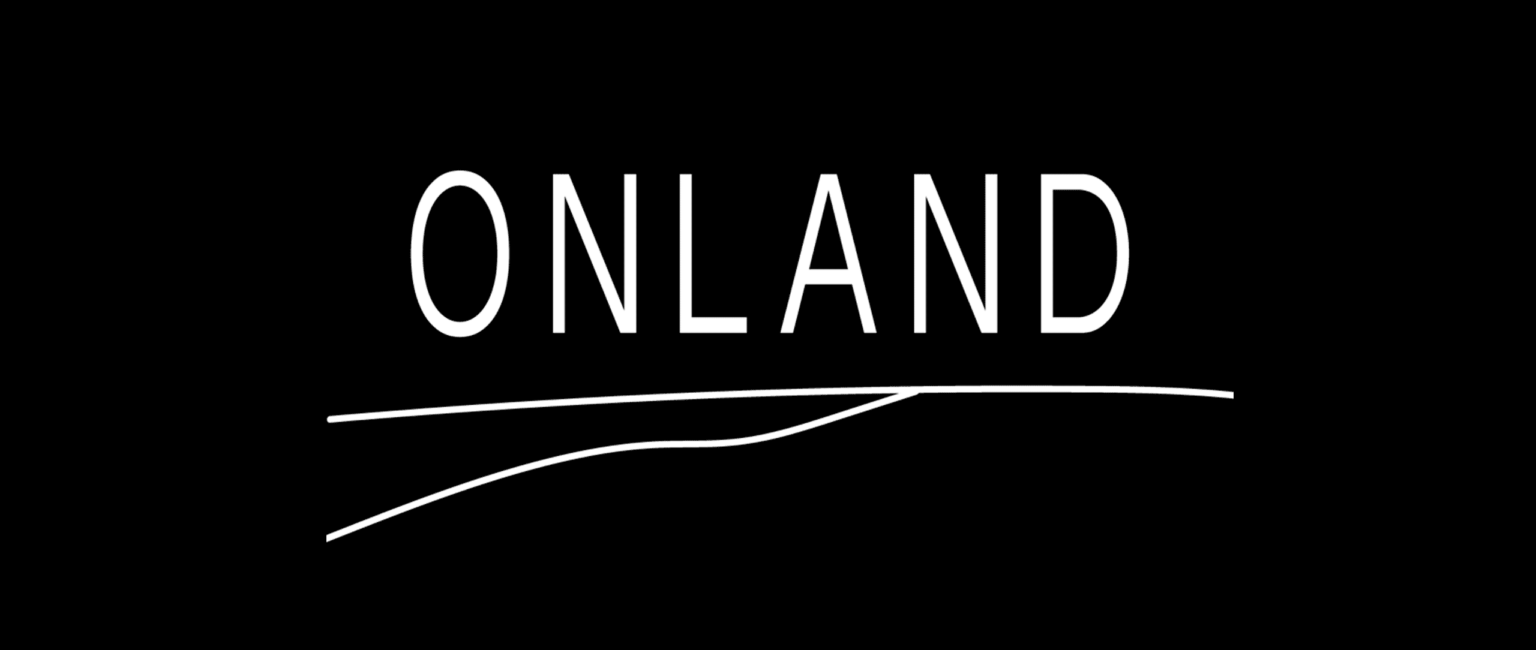
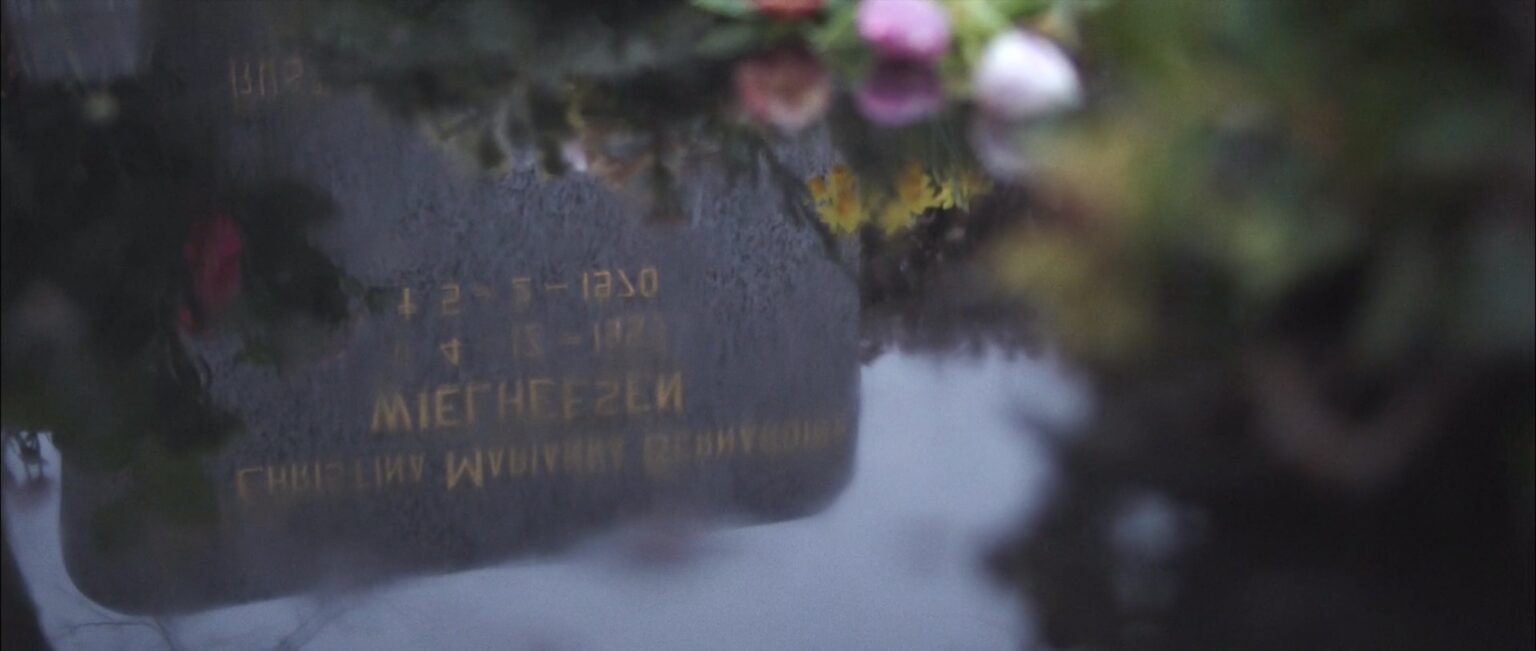
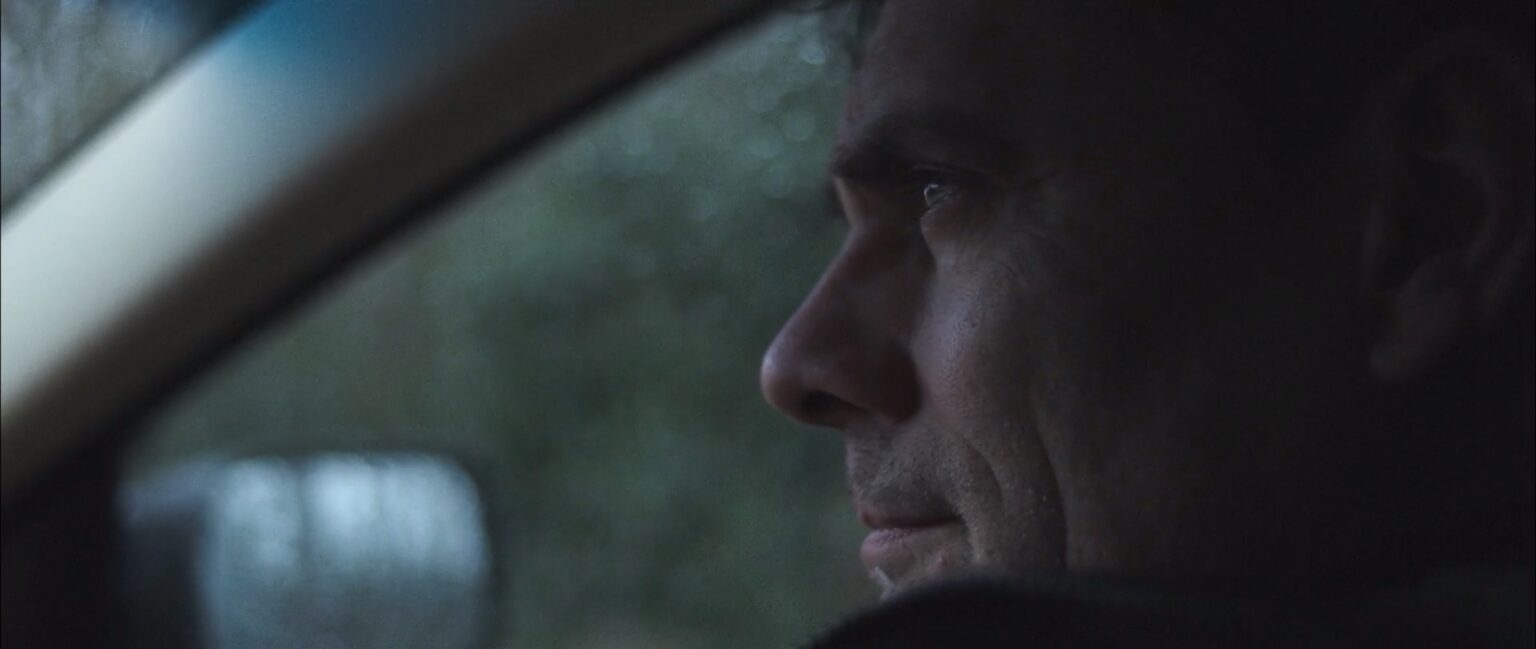
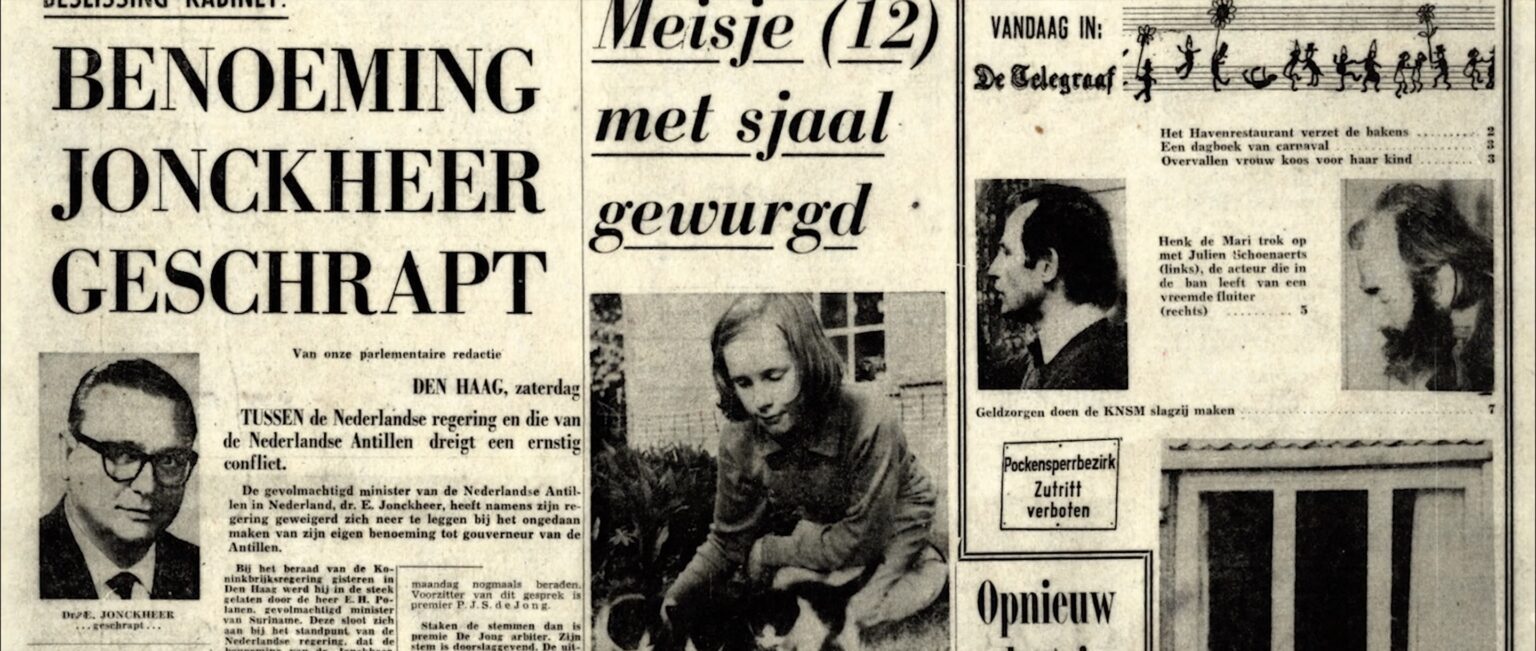
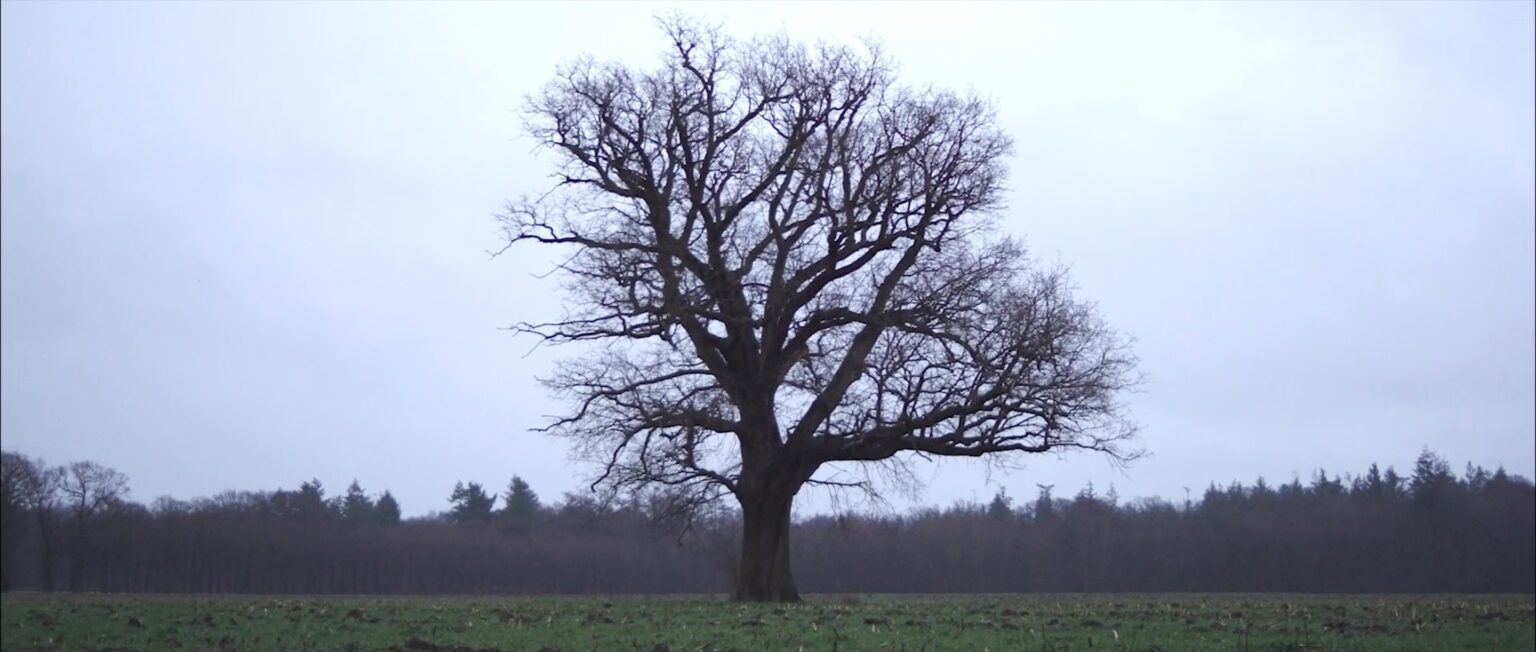
Joost Engelberts
Marion Oskamp
Simon Heijmans
Joep Wiertz
Erik Post
Gerrie Berendsen
Joke Philipsen
& Jan
Stien Grob
Albert Rikkers
Anke Engelberts
Bas Zwartepoorte
Celine Procureur
Atlas Collective for NPO Radio 1

BEHIND THE SCENES
a talk with Joost Engelberts
Joost, why a podcast?
(J) : The only story I would want to tell in the form of a podcast is this story. A podcast is the best phenomenon to get into someone’s mind. Sound is immediate, direct and always enters your brain right away. And its always at your fingertips: when you are walking, doing the dishes or lying on the sofa. Within 1 second you are in the story because nothing distracts you. That also means the medium of podcasting is much more intrusive than television or film. Another motivation for creating a podcast was because this is such an intimate story, where the main character is no longer there. The first choice then is: do you approach it journalistically or do you involve yourself in it? My instinct always says: I shouldn’t involve myself in it. But it soon became clear that I could not hide myself in this story.
And why this story?
Sometimes a story finds you and tells itself through you. And this story really needed to be told, through me. Because surely the event itself had a much bigger impact on me, than I ever thought. As well as on my parents and on the people around me, and the place where I lived. So from the beginning, I wanted to show what it does to a community, more than tell the story of the search for the killer. I wanted to explore how such a tragic event shapes a group of people over a longer period of time. The outcome of the research I found startling. In the long run, it has more consequences in real life than you think. It was a deep secret, an unmentionable thing. And then the failure to find the killer…Nothing healed in that community.
Can you give an example of how disruptive this event was for you, personally?
Such a murder -that remains unresolved- creates suspicion on every conceivable level. The crime scene was so remote and difficult to reach that the logical conclusion was that the killer had to be from the community. At local parties, you were always wondering if you might be standing next to the killer. And, like other children, I looked at adults differently. It sometimes even crossed my mind that the killer could also be my uncle or even my father. My father had a clear alibi but it shows that everyone suspected everyone else. The disruption in that community was total. It was like a precision bombardment.
And did you feel you were able to tell the story well?
As a storyteller, I’m always embarrassed when I get compliments. But in this case it feels especially very awkward, because it’s such a horrible story. In any way, there’s no way of telling ‘a beautiful story’ in this case. Which is actually much better because it’s also healing to tell the factual story. People exposed themselves. And some dared to tell because others did. The one who suffered the most was allowed to be present again, despite being wiped off the face of the earth. I think everything that I made matters, but on a human level, this is the most impressive thing I’ve made. I have had hundreds of emails afterwards from people who were happy that this was made. It really did a lot to me.
Were you fully behind the result, when it was finished?
Well, I was laying awake a lot and really felt like a douchebag. Rinnie was a young and vulnerable girl who had been snatched in the nastiest way ever. And I was going to tell a story about it. When it was just finished, I showed it to Gerrie (the last living relative of Rinnie, whom I promised to let her listen to everything before airing it), she got very confused and upset. The podcast opens with such an intense scene where I describe very literally what happens under Rinnies parents’ kitchen window. The night of the murder, Rinie’s parents were worried sick. They were looking out of their window into the darkness, hearing noises but unable to comprehend the horrifying truth. It was only after they found her, that they realized their daughter was murdered just a few meters away. I described this gruesome scene in great detail and with literal accuracy. It was painful to find the words and it was difficult to listen to. That was the hardest moment ever. It hit Gerrie so hard that we decided not to broadcast it. Ultimately, Gerrie made the decision for us; the story had to be told, she believed. She is the strongest, most courageous woman I know.
So how do you maintain the same style as in your more visual productions?
In a podcast, you can, too, make every sentence visual. And with a few rambling language findings here and there, you can hopefully recognize my signature in this story too. In general, no matter how serious a topic is, we always try to get a little air into it. So the listener or viewer can breathe in the experience of the story.
